
Why the IDF favors jet attacks over missile volleys
Unlike a ballistic missile, which follows a predetermined trajectory once launched, a pilot in an F-35 or F-15 can make real-time adjustments based on updated intelligence.

Unlike a ballistic missile, which follows a predetermined trajectory once launched, a pilot in an F-35 or F-15 can make real-time adjustments based on updated intelligence.
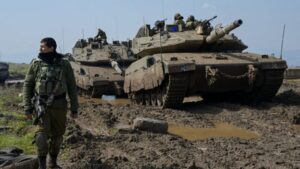
More than 100,000 reservists have been mobilized, and the IDF Northern Command remains in a state of high readiness.

The precision of the strikes suggested deep intelligence penetration.
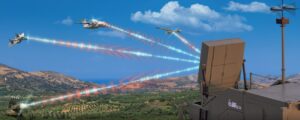
It covers an ~185-mile radius, targeting 8–10 GHz X-band frequencies to create an “interference bubble” that jams radars and GPS/satellite signals.
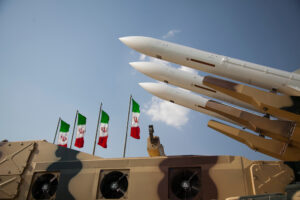
Iran’s solid fuel missiles can be launched quickly, but its liquid fueled missiles require a lot of preparation.
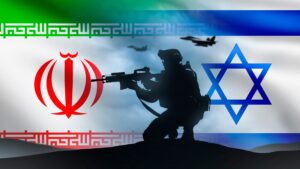
In a region where missile ranges are short, warning times are minimal, and command structures are vulnerable, the opening move can define the entire trajectory of the war.
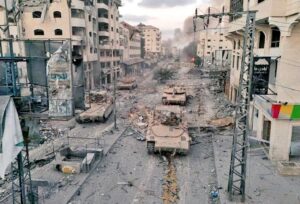
Tanks provide essential firepower and protection when maneuvering through dense urban blocks, but the 2006 Lebanon War exposed vulnerabilities.
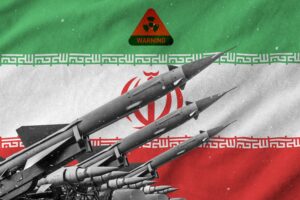
Tehran’s doctrine is built on firing large, mixed volleys of ballistic missiles, cruise missiles, and drones from multiple fronts simultaneously, aiming to overwhelm Israel’s interceptors through sheer volume.

A combined operation would begin with a massive effort to neutralize Iran’s air‑defense network. Establishing air superiority is considered essential before deeper strikes can begin.
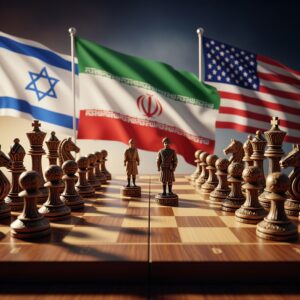
Any U.S.‑led strike would be interpreted in Tehran as an Israeli‑driven initiative.

Egyptian President Abdel Fattah el‑Sisi has notably shifted tone on Israel, recently stating that the “Egyptian army is capable of defeating Israel once again”.

Israeli defense officials stress that the current level of preparedness reflects vigilance, not panic. By Hezy Laing Israeli security officials are closely examining newly surfaced

Approximately 600 aid trucks enter Gaza daily, nearly triple the population’s basic requirement.
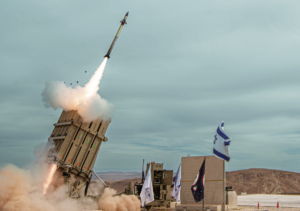
The overall interception rate was roughly 87.5%, while the penetration rate stood at about 12.5%.

‘Forty‑six countries contributed to Lebanon’s UNIFIL force, and it didn’t prevent the movement of one single Hezbollah terrorist.’

This approach is sometimes described by Israeli analysts as ‘the campaign between the wars’.

Four months after the ceasefire took effect, the Yellow ceasefire line still separates IDF forces from Hamas terrorists.

The complexity of reaching hardened Iranian targets, such as the Pickaxe Mountain facility, dictates a joint approach.
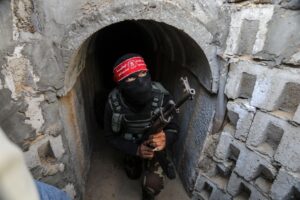
‘We assess that far fewer operatives remain underground compared to the beginning of the war.’
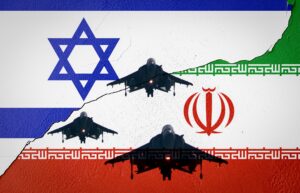
Israel views Iran’s missiles and regional proxy forces as existential threats and won’t allow diplomacy to restrict its military options.